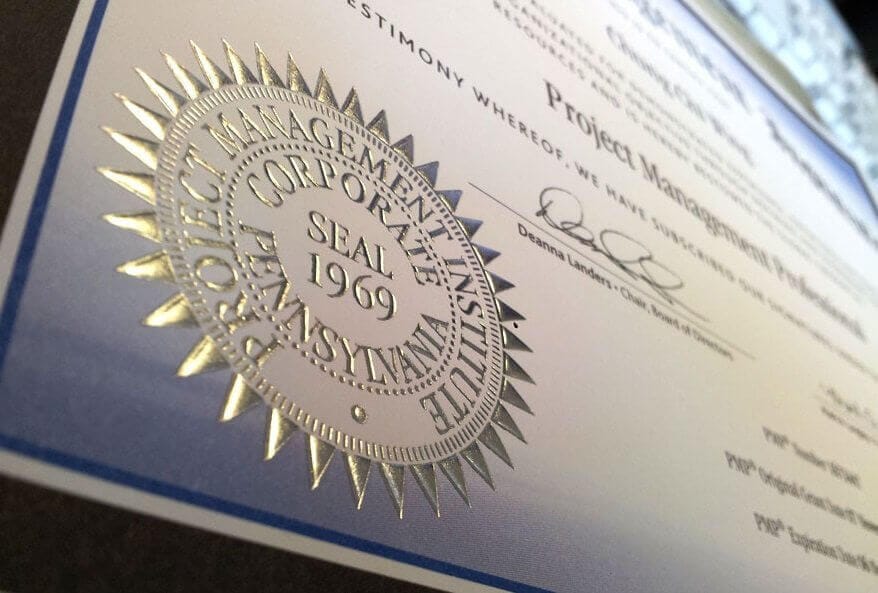Vanuatu is an emerging player in the global trade market, known for its diverse range of export products, including agricultural goods, seafood, and handicrafts. However, to maintain competitiveness and ensure international acceptance, Vanuatu export products certification plans play a crucial role. These certification programs help exporters meet global quality standards, improve market access, and enhance consumer trust. By implementing robust certification frameworks, Vanuatu can strengthen its position in international trade while ensuring compliance with international regulations.
The Importance of Certification in Export Trade
Export certification is essential for several reasons:
Market Access: Certification ensures that products meet the standards required by importing countries.
Consumer Trust: Certified products are perceived as high-quality and safe for consumption.
Regulatory Compliance: Helps businesses comply with both local and international regulations.
Competitive Advantage: Certified goods have a better chance of competing in global markets.
Environmental and Ethical Standards: Many certifications focus on sustainable and ethical production practices.
By prioritizing certification, Vanuatu can enhance the credibility of its exports and attract more international buyers.
Key Export Products of Vanuatu

Vanuatu exports a variety of products, each requiring different certification processes:
Agricultural Products
Vanuatu’s fertile land allows for the production of organic and high-quality agricultural products, including:
- Kava
- Cocoa
- Coconut and coconut oil
- Coffee
- Vanilla
Marine Products
The fishing industry is an essential contributor to the export economy, with products such as:
- Tuna
- Lobster
- Prawns
- Reef fish
Handicrafts and Traditional Goods
Vanuatu’s cultural heritage is reflected in its handicrafts, which include:
- Woven mats
- Wooden carvings
- Traditional jewelry
Processed Foods and Beverages
Vanuatu also exports locally processed food items such as:
- Organic spices
- Dried fruits
- Specialty teas
Ensuring these products meet international certification standards is critical for maintaining and expanding export markets.
Certification Requirements for Export Products
To comply with international trade regulations, Vanuatu must ensure that its export products adhere to different certification standards, including:
Organic Certification
Organic certification is essential for agricultural products like kava, coffee, and vanilla. This certification ensures that products are grown without synthetic pesticides, fertilizers, or genetically modified organisms (GMOs).
HACCP (Hazard Analysis Critical Control Point)
HACCP certification is required for food and beverage exports, ensuring they meet global food safety standards. It is particularly crucial for seafood and processed food exports.
Fair Trade Certification
Fair Trade certification helps small-scale farmers and producers receive fair prices for their goods while adhering to ethical labor practices.
Marine Stewardship Council (MSC) Certification
For seafood exports, MSC certification ensures that marine products are sustainably sourced and meet environmental conservation standards.
ISO Certifications
International Organization for Standardization (ISO) certifications, such as ISO 22000 for food safety, are vital for companies aiming to export processed foods and beverages.
Geographical Indications (GI) Certification
Geographical Indications certification helps protect the unique identity of Vanuatu’s specialty products, such as kava, ensuring they are recognized for their origin and quality.
Government Initiatives Supporting Export Certification
The Vanuatu government has implemented several initiatives to support exporters in obtaining necessary certifications:
Vanuatu Bureau of Standards (VBS)
The VBS is responsible for setting and regulating product quality standards. It provides guidance and assistance to exporters in meeting certification requirements.
Agricultural Development Programs
Government programs focus on helping farmers adopt organic and sustainable farming practices to qualify for certification.
Partnerships with International Organizations
Vanuatu collaborates with global certification bodies to facilitate certification processes and ensure compliance with international trade regulations.
Financial Assistance for Certification
The government provides financial aid to small and medium-sized enterprises (SMEs) to help cover certification costs.
Training and Capacity Building
Workshops and training sessions are conducted to educate exporters on certification processes and quality control measures.
Challenges in Export Certification

Despite the benefits, Vanuatu faces several challenges in implementing certification programs effectively:
High Certification Costs
Obtaining international certifications can be expensive, making it difficult for small-scale producers to afford them.
Limited Awareness Among Exporters
Many exporters lack knowledge about the importance and process of certification.
Infrastructure and Logistics Issues
Inadequate infrastructure and logistics can delay certification and export processes.
Compliance with Multiple Standards
Different countries have varying certification requirements, making it challenging for exporters to comply with multiple standards simultaneously.
Sustainability and Environmental Concerns
Ensuring that products meet environmental and sustainability standards requires continuous effort and investment.
Strategies to Strengthen Vanuatu’s Export Certification System

To overcome these challenges and improve certification efficiency, the following strategies can be implemented:
Subsidizing Certification Costs
The government can offer financial incentives to exporters seeking certification.
Enhancing Awareness and Education
Providing training programs and resources to exporters will help them understand the certification process.
Strengthening Infrastructure
Improving transportation and storage facilities will facilitate smoother certification and export procedures.
Establishing a Unified Certification Body
Creating a centralized certification agency will streamline the process and reduce bureaucracy.
Encouraging Public-Private Partnerships
Collaboration between the government and private sector can lead to innovative solutions for certification challenges.
Future Prospects of Vanuatu’s Export Certification Plans
With continuous investment in certification programs, Vanuatu has the potential to become a leader in sustainable and high-quality exports. The country can leverage its natural resources and unique products to gain international recognition and build a strong global presence.
Potential Growth Areas
Expansion of Organic and Sustainable Farming Practices
Increased Focus on Eco-Friendly and Ethical Certifications
Digitalization of Certification Processes for Efficiency
Targeting Niche Markets for High-Value Exports
Boosting International Trade Agreements to Simplify Certification Requirements
Final Thoughts
Vanuatu export products certification plans are essential for ensuring quality, compliance, and market expansion. By implementing robust certification frameworks, Vanuatu can strengthen its global trade presence and enhance the credibility of its export products. While challenges remain, proactive government initiatives, industry collaboration, and investment in infrastructure will pave the way for a more competitive and sustainable export sector. As global markets demand higher quality and ethical standards, Vanuatu must continue to evolve its certification strategies to meet international expectations.
Read More: Customer Identity Data Tools AI Unify Identity Resolution





